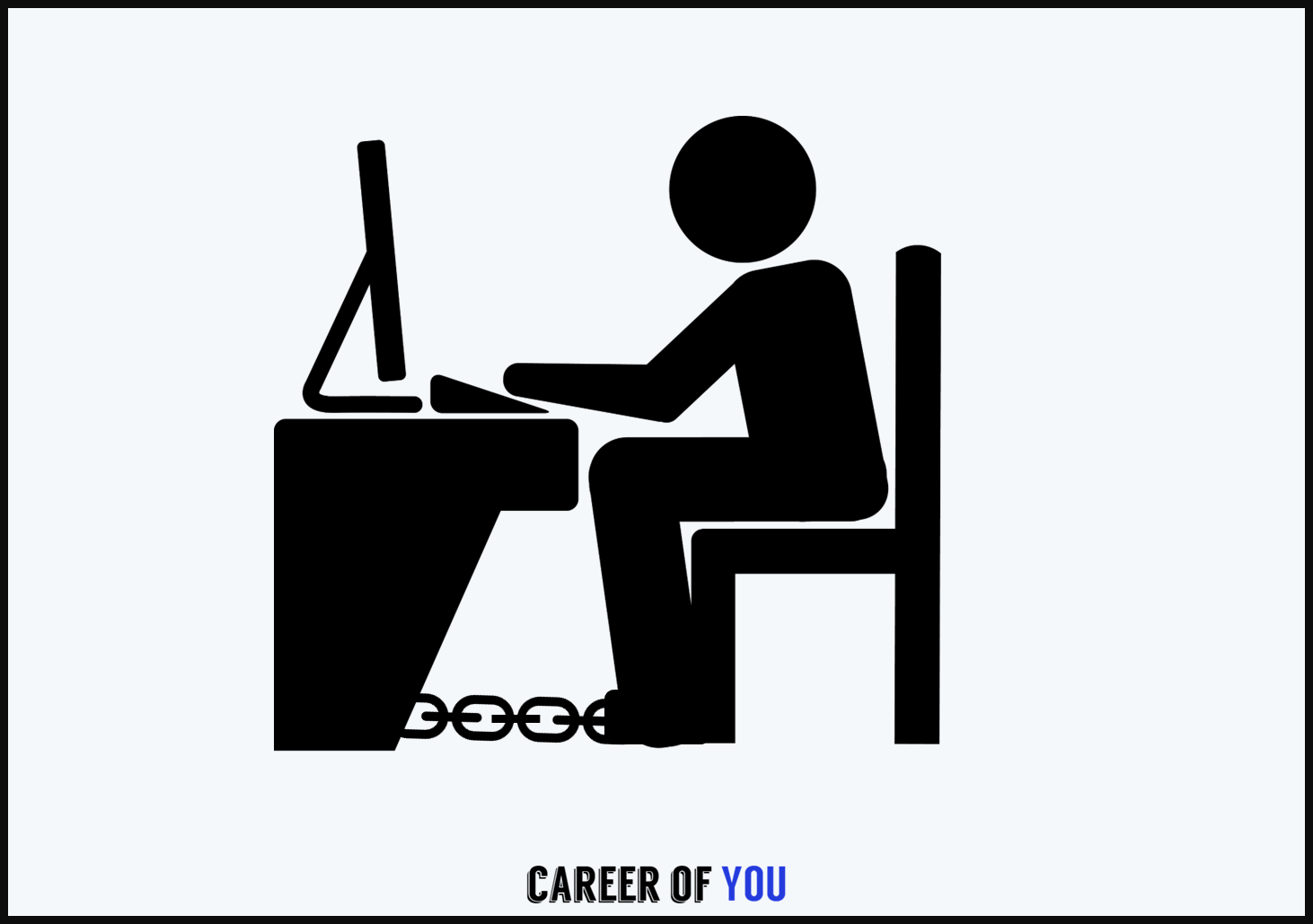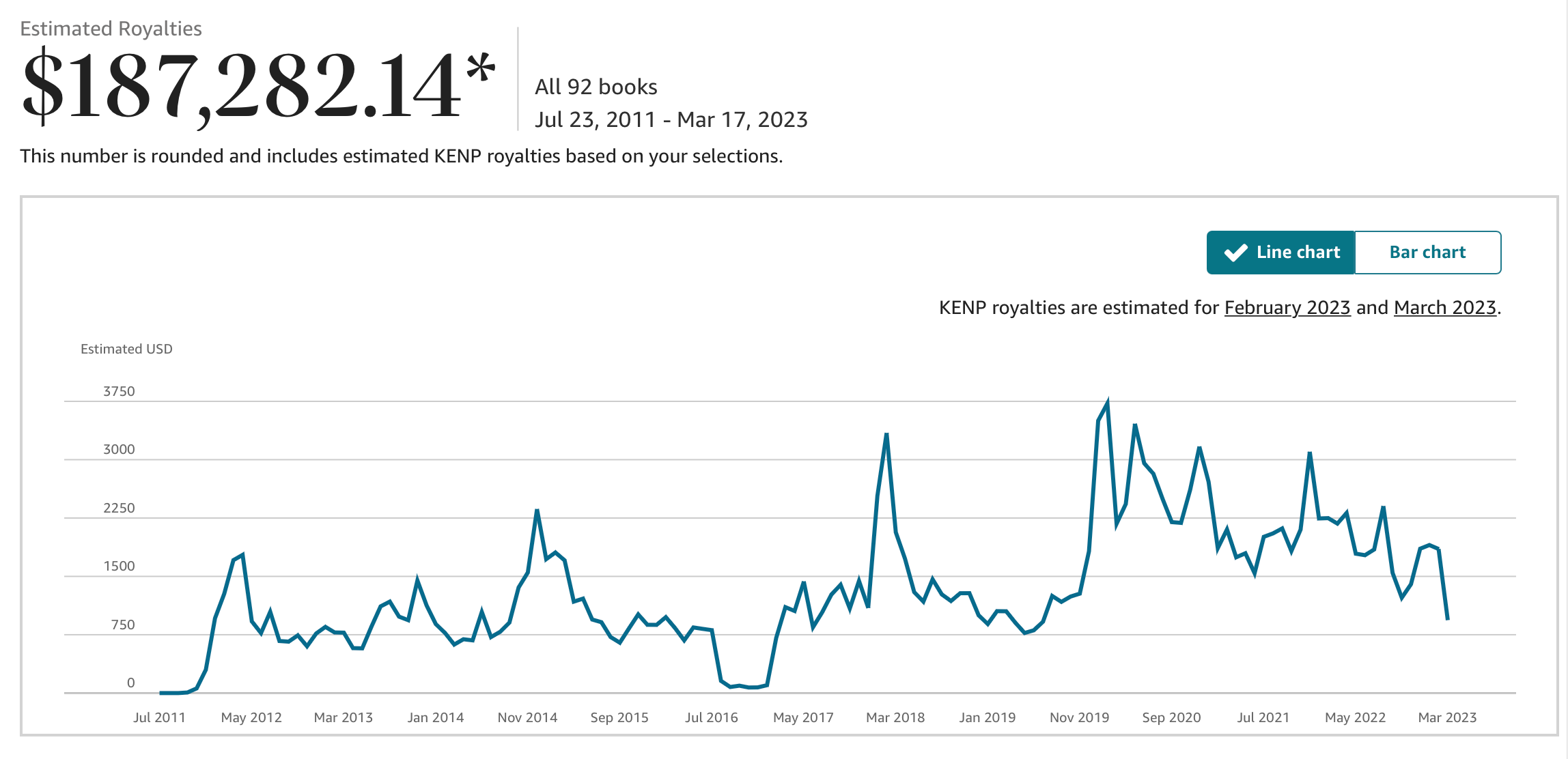why feeling uncomfortable is key to career growth
The first few weeks of a new job can be completely overwhelming. Nothing feels familiar, you feel like everyone is constantly evaluating you, and you’re suddenly inundated with a slew of projects, often with no guidance on how to complete them.
I recently made a big switch in my career. I was so excited to get the job, but now a few months in, I have more work than I have hours, no on-the-job training, and expectations I simply cannot match up to. As the pressure has become more intense, I have seriously contemplated whether I made the right move.
While I wish I could start this article by saying I now feel totally confident in my new role, I don’t. But I have identified some pieces of advice and actionable coping techniques that are helping me ease into the role. If you’re reading this, I think they might just help you too.
It’s normal to feel overwhelmed
Firstly, it’s helpful to remember that new job anxiety is incredibly common — in fact, it’d be more surprising if you didn’t feel any nervousness at all.
I worked at my previous job for nearly three years. As I grapple with my new role, I sometimes catch myself thinking “man, maybe I shouldn’t have left”. I felt confident in that position, respected, and felt like an expert — someone who could be relied on to deliver.
It’s easy to look back with rose-tinted glasses. But it’s also important to remember that at the start of my old job, I was far from the confident alpha I like to remember myself as. Most days I would come home feeling completely overwhelmed, my mind swirling with worries:
1) My colleagues don’t respect me
2) My boss doesn’t think I’m good enough to be in the position
3) Maybe they made a mistake in the hiring process?
4) Maybe I’m not good enough to do this job?
5) Maybe I should just quit now before I get fired?
Sound familiar? It’s important to remember that all new jobs are overwhelming. You’ve been here before, and you’ve come out the other side. It’s a necessary period of time. It’s also a temporary period of time.
You have to get uncomfortable to grow
No one likes feeling uncomfortable. But discomfort is to be expected when taking on any new challenge. According to career coach Steve Errey, “Discomfort means that you’re out there exploring. It means you’re in a place you haven’t been before; maybe you’re learning a skill for the first time that makes you feel clumsy or incompetent.”
Researchers from the Chicago booth school of business have recently studied the links between discomfort and personal growth. They ran a series of experiments across thousands of students, which all revealed one consistent result. Personal growth only occurred when preceded by feelings of immediate discomfort (i.e. feeling awkward or uncomfortable).
So, the path to self-growth almost always involves some short-term discomfort in the pursuit of long-term gains. Rather than avoid discomfort, we need to recognize it as a sign that we are challenging ourselves, pushing outside of our comfort zones by learning and growing.
Learning to be comfortable with discomfort may well be one of the most important career skills you have. If you forego the pleasure of the moment, you can reap greater benefits in the future.
Some anxiety is good for you
Some new job anxiety can be good for you. A moderate amount of stress may motivate you to work harder and put you in the right mindset to tackle your work. And while anxiety can feel overwhelming there are ways in which anxiety can be harnessed as a useful tool as you transition into a new job.
If, like me, you’re a naturally anxious person, you’re probably prone to ‘what-if’ thinking. “what if I miss this deadline?”, “what if I’m asked a question in this meeting and don’t know the answer?” “what-if I’m not good enough?” Rather than let these worries swirl in your mind, turn your ‘what-if’ list into a to-do list. You’ll find that the majority of the time the majority of these anxieties can be resolved with an action.
The key is to remember that anxiety is rooted in uncertainty; that feeling that something bad could happen, not that it definitely will, and our desire to avoid that bad thing. It’s designed to feel bad — your heart races, you feel sick to your stomach, your mind swirls — and you take notice that you’re in a vulnerable situation. It drives you to act to minimize risk.
Dr. Tracy Dennis-Tiwary says it well: “It’s a horrible emotion, it feels terrible. But it’s a beautiful emotion, too.”
As the uncertainty of your new role reduces (i.e. you become familiar with your tasks, build rapport with your colleagues and pass your probation period) your anxiety will reduce.
The challenge is to find ways to cope during the period when uncertainty is at its highest level. Here’s how I do that:
1. Keep a thought journal
When you know you are being evaluated as part of your probation period, it’s very easy to fall into thinking traps. Your perception of your performance at work, may not be the same as others. Some common thinking traps include:
· All or nothing thinking — seeing the world through a ‘filter’ that only lets you see the negative
· Mind reading — presuming we know what other people are thinking without looking at the evidence
· Fortune telling — predicting the future and having negative expectations about what will happen
· Catastrophising — thinking the worst-case scenario is going to happen or attaching too much importance to a negative experience.
I can tell you I’ve fallen into each of these traps. I remember a particular time in a previous job when I thought I’d really messed up in a client meeting. And that the company CEO (who was also in the meeting) was mad at me and was going to put me on notice. Sure enough, a few days after the meeting he called me into his office to talk about it. But rather than reprimand me, he asked if I was okay, as he was aware of how difficult this client could be and wanted to know how he could best support me! This completely blew my mind as it was a total 180 from what I was expecting.
Keeping a thought journal is a helpful way of becoming aware of thinking traps you might be falling into and critically evaluating how you are thinking about a situation. Going back to my client meeting example — I could have identified that I was mind reading and fortune telling. I could have accepted that if the company CEO was mad at me, sure it would be bad, but that I could handle it. And rather than worry about it for days on end, I could have followed up with him to discuss the meeting. Instead, I stewed in my own thoughts.
2. Create a learning and development plan
Here’s the thing about new jobs — it’s the one time where you don’t know it all. Even the most talented people can feel momentarily incompetent.
By taking on my current role, I’ve thrust myself into a situation where I’m surrounded by colleagues with deep subject matter expertise. And I can’t keep up. But the thing is, they have acquired this expertise over years in their roles. There’s no way I can keep up.
I realized I had two options 1) fake it until I make it 2) be upfront about my knowledge gaps.
Admitting vulnerability while holding a senior position has been hard for me, but something interesting has happened. Members of my team have come forward admitting the same vulnerabilities. The directors above me have offered to spend time holding lectures on key topics.
Together we have now established a three-month curriculum of topics to bring everyone up to speed and ensure that we all have the same base level of knowledge.
If you find yourself in a similar situation, try to remember — they knew who you were and what expertise you had when they hired you. There is no point pretending to have knowledge you don’t.
Instead, approach people in your organization who you think can help you skill up. Make notes ahead of time and organize your thoughts, so rather than coming off as lost, you come off as someone who is professional, keen to learn, and simply seeking important information in order to get the job done. Remember, it will take time. Be patient with yourself. Like anything new, you have to put in the reps.
3. Build a peer support network
After a few weeks in your new role, you’ve probably identified a handful of people who could potentially become workmates. Or maybe you’ve had offers of help from colleagues.
Building a network of people, you can seek support from is a fantastic resource for succeeding in a new job. It’s tempting to want to prove you can do it all on your own, but that feeling of overwhelm will go away much quicker if you know you have a few allies in the team and are able to tap into their organizational knowledge when you need to.
One thing I would say is don’t over-burden your colleagues especially when they don’t know you well. You don’t want to overwhelm them with emails, instant messages, and ad-hoc meetings. Save those valuable times for when you really need them.
4. Watch TV in the afternoon
Your boss might raise an eyebrow, but this massively helps me calm my nerves. I try to give myself twenty minutes every afternoon to watch a TV show. I always do this in a different location from where I’m working — either in a different room if I’m working from home, or in the coffee shop across from my office. Doing so gives me something fun to look forward to in the afternoon and helps me switch off from work for a few minutes and relax.
And it turns out that there is a growing body of evidence that supports this is in fact a good thing.
Andrew Bennett, a social scientist at Virginia Commonwealth University, has studied microbreaks — taking short breaks throughout the day to let your brain and body relax and recover from your job’s stressful demands. Bennett has empirically proven that my watching parks and recs during work hours is in fact a way to boost my productivity.
He evaluated different types of microbreaks, and his major finding was micro-breaking by watching a funny video clip left people more invigorated, more attentive, and with lower levels of fatigue.
This finding fits with the idea that microbreaks enable a process known as “psychological detachment”, which occurs when you mentally disengage from work-based tasks and allow your brain to recover. It’s all about actively shifting the focus of your thoughts so that you’re not ruminating over work while you’re trying to chill out.
A cautionary note though is that watching TV can quickly lead to procrastination and avoiding tasks. To guard against this I only watch TV in the afternoon and only ever between meetings where I have to limit my viewing.
5. Commute, even when you’re working from home
Before covid, commuting was part of our daily routines, and provided necessary buffer time between our work and home lives. The commute provided us all with time to mentally prepare for the day ahead, to decompress after work, and set healthy physical boundaries between work and home.
This was not wasted time.
When working from home, the seconds between eating breakfast and your first video call are not enough. Each day needs to start and end with a virtual commute — 15 to 30 minutes at the start and end of each workday to make the cognitive, emotional, and physical journey to and from work.
For me, this involves a quick walk to my local coffee shop in the morning, and a 30-minute workout to end my day.
Reframe your commute as self-care time, schedule it in your calendar, and use it as a boundary to separate your work and home life.
Keep perspective and remember its temporary
If you’re struggling with new job overwhelm I hope this has helped you in some small way. I know how you’re feeling sucks. Just keep in mind why you took the job in the first place -to take on a new challenge, to learn something new, to grow.
And that means making yourself vulnerable, which means heightening your anxiety, for a period of time.
But that’s just it, it’s a period of time. Temporary. Finite.
And then — just like that — it’ll get easier. Just like it did at your last job, and the job before that. You’ll learn what’s expected of you, you’ll learn how to handle your new boss, and you’ll feel more confident in your deliverables.
And then you’ll get itchy feet and start a new job with new anxieties. But you’ve been here before, and you can do it again.





